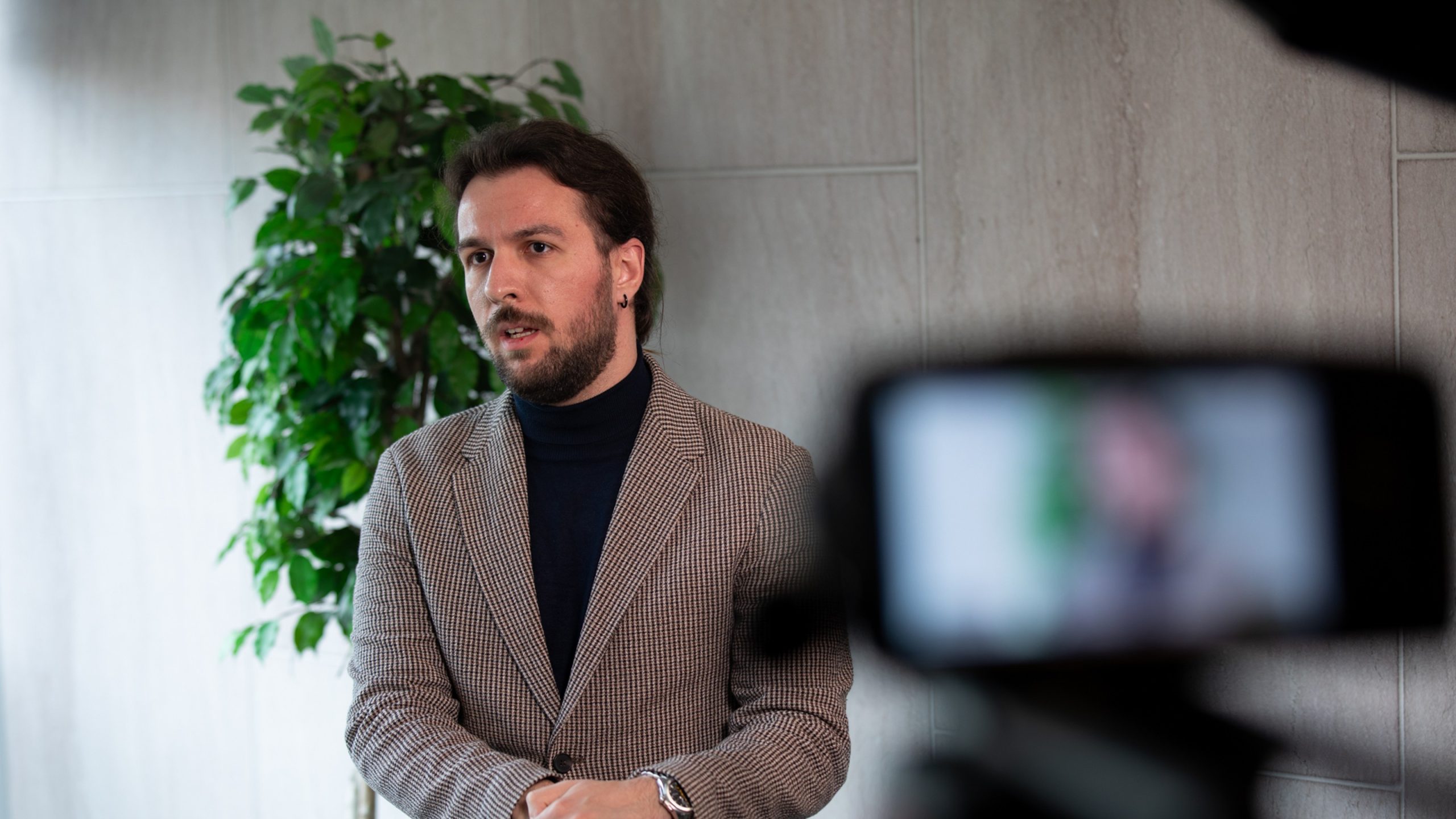The principal of confidentiality
Digital encryption is the cornerstone of private communication. The new European Chat Control Regulation attempts to close this privacy loophole by allowing authorities to scan messages, photos, and files before they are even sent. The proposed technology, known as client-side scanning, does not read data on the server, but directly on the user’s device. In practice, every phone becomes a potential surveillance tool, as “detection” precedes encryption.
European Digital Rights (EDRi) warns that the proposal constitutes “mass surveillance without suspicion of crime,” while the artificial intelligence systems that will detect suspicious content are based on imperfect algorithmic models, with a high rate of false positives. In the same vein, the European Center for Press and Media Freedom (ECPMF) describes the regulation as “an existential threat to press freedom.” As it points out, mandatory scanning could expose journalistic sources and undermine the fundamental principle of confidential communication between journalists and informants. More than 470 researchers from 34 countries warn that the adoption of the regulation will create “unprecedented possibilities for surveillance, control, and censorship,” emphasizing the possibility that tomorrow’s infrastructure could be used for political repression or espionage.
The proposal is based on Article 114 of the Treaty on the Functioning of the EU, which concerns the internal market and not the restrictive regulation of fundamental rights. This makes the legal basis questionable, as the case law of the Court of Justice of the EU (Digital Rights Ireland, Tele2 Sverige, La Quadrature du Net) has repeatedly ruled that generalized surveillance violates Articles 7, 8, and 11 of the Charter of Fundamental Rights: the right to privacy, the protection of personal data, and freedom of expression. As EDRi notes, even the UN and the European Court of Human Rights have pointed out that weakening encryption is a serious violation of the right to privacy. The difference between protection and surveillance, it seems, lies in a line of code.
